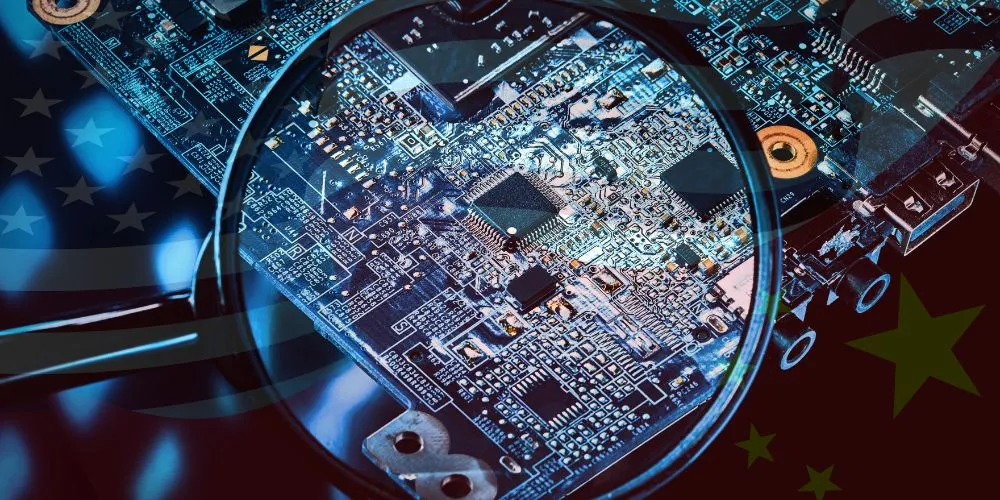Chinese chip designers, including Tencent Holdings, are aggressively promoting their AI chips as alternatives to Nvidia’s offerings, capitalizing on U.S. export restrictions that have intensified since October. Nvidia currently dominates up to 90% of China’s $7 billion market for AI chips, which are used in processing vast amounts of data for AI software development.
In the wake of heightened technology controls, smaller players such as state-backed Hygon Information Technology and startup Iluvatar CoreX are challenging Nvidia. Huawei Technologies, often regarded as making significant strides, has its Ascend 910B seen as a competitor to Nvidia’s A100 in computing power.
Tencent, a major player in social media, gaming, and cloud services, has been promoting its AI inference chip Zixiao, developed in collaboration with Enflame, as a substitute for some Nvidia chips. While Tencent currently uses Zixiao chips internally, it is not directly selling them to external clients. Tencent is positioning Zixiao v1 as a cost-effective alternative to Nvidia’s A10, emphasizing comparable performance. It is also gearing up to introduce v2Pro, which is optimized for AI training, replacing the now-blocked L40S.
Other companies, such as Tencent-backed Enflame and Iluvatar CoreX, are also entering the fray, promoting their AI training accelerator chips and graphics processing units (GPUs) as substitutes for Nvidia’s advanced A100 chip. Hygon Information markets its newly released GPU, Shensuan No. 2, as compatible with Nvidia’s CUDA computing platform, allowing minimal design changes when switching chips.
Several startups, including Intellifusion, have announced chips to compete with upcoming Nvidia models, leveraging the current market dynamics. While competition intensifies, Chinese chip designers may face challenges securing production capacity due to restrictions on foundries working with Chinese firms. The constraints imposed by U.S. curbs on Chinese tech companies have created opportunities for domestic chip designers to explore alternatives, driving them to build AI ecosystems without relying on U.S. chips.
As U.S. export restrictions continue to shape the dynamics of the AI chip market, Chinese companies are positioning themselves to cater to the evolving demands and constraints in the industry. The competition is expected to drive innovation and diversification in the AI chip landscape in China.




